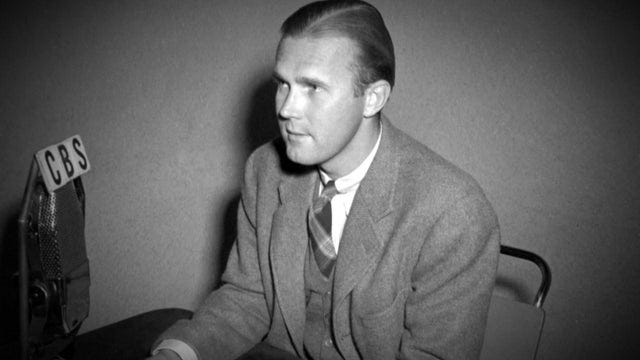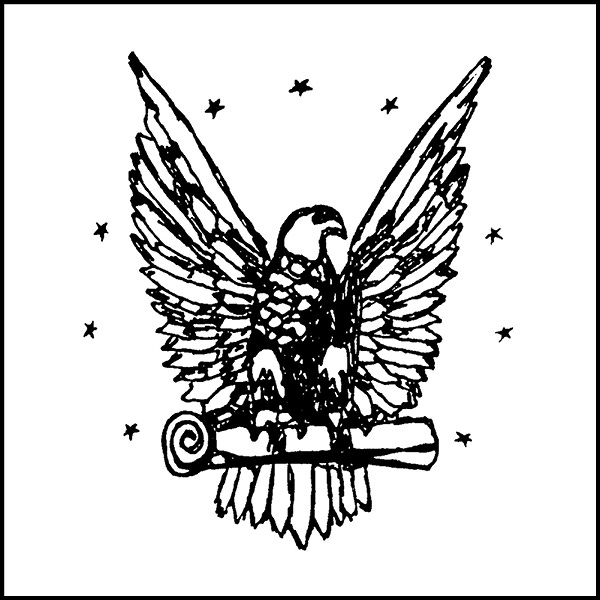
Galas are few and none are fashion-forward, but journalism’s award season is an inspiring — and much needed — representation of what is happening in the trade now in ways that count, the work they represent.
John Darnton is the long-time esteemed curator of the George Polk Awards, one of the majors in prestige. After this year’s judging of 493 entries, John wrote for the Columbia Journalism Review:
“I can vouch that the year’s publications and broadcasts, when seen in their entirety, are wide in scope and deep in substance. The rambunctious spirit of street reporting and editing is still very much alive.”
Here are this years winners. The ceremony is a lunch that will take place on April 4 at Cipriani 42nd Street. As a fundraiser, Long Island University sells tickets.
The winners of the National Magazine Awards will be announced on April 10. Recognizing the realities of our era, the American Society of Magazine Editors has decided to host a conference instead of a lavish ceremony, as in the past.
The Pulitzer Prizes in journalism and books will be announced on May 5. There are also the duPont, Emmy, Peabody, Livingston, Mirror, and Overseas Press Club awards, along with others less famous, and it is still an honor if you get one. Even if you are not yourself a recipient, being at the ceremony provides a lift.
John Darnton’s and my invocation of still to signify continuing quality carries the implication that this may not be as true in the years ahead. Based on the history of the past one hundred years or so, I’m going to assert that journalism and counterparts in nonfiction books will not be as undone as the pervasive gloom now predicts, contending with the real pressures of politics and business.
There was great investigative reporting in the “muckraker” era of Nellie Bly, Lincoln Steffens, Upton Sinclair, Ida Tarbell, et al., written with style and flair to attract an audience. But many of the leading twentieth-century publications of Henry Luce, William Randolph Hearst, and Colonel Robert McCormick were so infused with ideological bias and questionable goals that they would be compatible with today’s hard-right outlets online and on the air.
Under the broad banner of investigative and explanatory journalism, the awards recognize extraordinary work, and it is especially encouraging when so many of the winners come from places like ProPublica, the Marshall Project, Mississippi Today, and the San Antonio Express-News, which won a Polk Award this year for Sara DiNatale’s four part series on “door-to-door scam artists who lied about energy savings, promised nonexistent rebates, and sometimes left customers with gaping holes in their roofs,” in Darnton’s description.
Marc Duvoisin, the editor-in-chief of the newspaper, gathered his editors and described how the Polk Awards “honor ‘intrepid, resourceful, and influential’ reporting and how that credo reminds of the high purpose that should lie at the heart of our work, and how that purpose can be served with even modest acts of journalism that tell citizens things they might not otherwise know. I wasn’t sure how my little speech would be received, but I was gratified to see looks of wonder.”
By instinct, journalists are skeptical of earnestness and of any predilection for the positive. Nonetheless, Bill Grueskin, a stalwart of journalism’s upper echelons, has revived after a decade the Columbia Journalism Review’s “Darts & Laurels”feature, intending to emphasize the laurels.
“Here we are in 2025, at a moment when journalists under far more legal and financial pressure than we could have imagined in 2015, while the need for independent, fact-based reporting has never been greater … It’s not hard to find a boneheaded story, headline, tweet, or editorial call. Why, I’ve been known to do it myself every now and then. At the same time, there’s a lot of great journalism out there, much of which is coming from non-MSM, non-Beltway news organizations, from Wired to Government Executive to Mississippi Today.”
Grueskin is asking for submissions at laurelsanddarts@cjr.org.
Here are examples from a early list:
Yes, much of significance has been lost in these tumultuous times. Great metro dailies across the country that were once as important to their region as major league sports teams are depleted or gone altogether. There is an overall job loss count that is undeniable. Applications to Columbia’s journalism school are down, a discouraging data point.
Jelani Cobb, Columbia’s dean, reportedly had to warn students on visas to be careful what they write lest they get crosswise with Donald Trump’s deportation zeal.
Yet the momentum of hundreds of aspiring start-ups in cities as large as New York, Chicago, and Los Angeles and hyper-locals in smaller places is genuine. The formidable challenge — to be dealt with in next week’s piece — is how to pay for them and make them sustainable. And how to attract a readership of scale that is willing to pay for what it can get free. Advertising-supported media (broadcast television, most memorably) had and still attracts the largest audiences.
In the streaming age, with the continuing need to add subscribers, Netflix and YouTube, among others, are betting big that viewers will accept advertising in exchange for a lower price.
Awards are a recognition and celebration of good work. If they meet the standards of people like John Darnton and Bill Grueskin, let’s accept the merits as they are and, with determination, do better. One characteristic that journalists have always had is support for the underdogs.
Media underdogs unite!
Next Week: Serious but Definitely Not Hopeless: Devising the New Business Model





